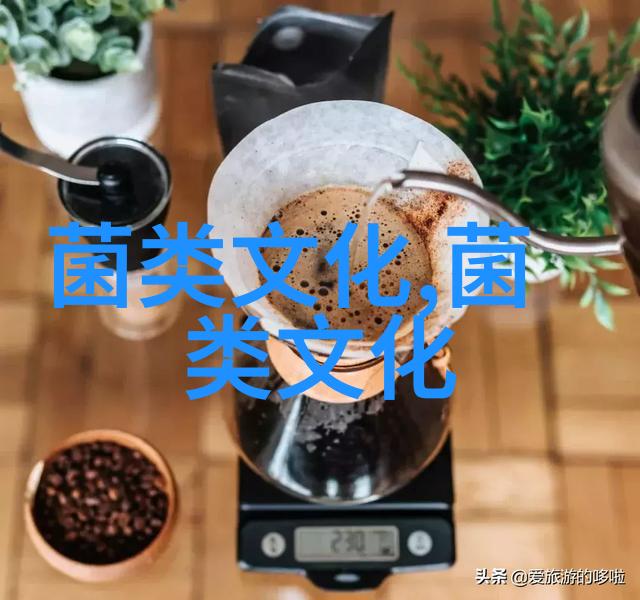
蜜蜂养殖技巧精髓高效管理与健康养护
蜜蜂养殖技巧精髓(高效管理与健康养护)

1. 为何要学习蜜蜂养殖?
蜜蜂是自然界中最重要的昆虫之一,它们不仅能够为我们提供甜美的蜂蜜,还能帮助植物授粉,保持生态平衡。然而,由于环境污染、病虫害和人类活动的影响,野生蜜蜂数量不断下降,因此,学会了如何高效地养殖蜜蜂对于维持生物多样性至关重要。通过观看专业制作的蜜蜂养殖技术视频,我们可以了解到正确的育种方法、疾病预防以及如何提高产量等知识。

在开始之前,我们需要准备一个合适的地方进行养殖。这通常是一个有足够空间供蜜箱放置且阳光充足的地方。由于温度对蜜箱内温度有着直接影响,所以选择一个不会频繁受到风暴或极端气候变化的地方也非常重要。此外,为了确保安全和便捷,我们还需要配备一些基本工具,如刷子、喷雾器以及一本详细的手册,以指导我们的初学者步伐。
2. 如何设置和安装?

在获得了一些基础知识后,是时候开始实践了!首先,你需要购买一套完整的设备包,这通常包括一个或者多个hive boxes,一些保护层,以及所有你可能需要的一切工具。如果你的地区允许的话,你也可以从当地商店购买已经分离出来但尚未被人工繁殖过的小群体,这将节省时间并减少工作量。
接下来,将hive boxes 安装在你选择的地理位置上,并按照生产商提供说明书上的指示进行配置。在安装过程中,要特别注意安全,因为你会涉及到许多可能引起敏感或过敏反应的物质。此外,如果没有经验,最好是在专家指导下完成这一步骤,以避免造成误操作,从而影响整个项目。

3. 如何照顾它们?
现在你的hive boxes 已经建立起来了,它们正在等待你的关爱。一旦安装完成,就进入了日常维护阶段。你需要定期检查 hive boxes 以确保它们干净整洁,并清除任何死去或受损的部分。这不仅有助于保持健康,也能促进其他健康成年工作者之间良好的交流。

此外,不断观察你的bees 是关键的一环。你应该留意他们是否出现异常行为,比如大量飞出或者聚集在地面上,这可能表明存在问题。你还应该检查一下honey frames 是否满载以增加收获,同时也要注意不要让honey frames 过度积累,以免压碎花粉层导致未来季节减产。这些小细节看似微不足道,但对于成功实施一个有效的大规模apiary来说至关重要。
4. 蜜蜂疾病及其预防措施
尽管采取适当措施来保护我们的hiveboxes 和bees,但是疾病仍然是不可避免的问题之一。例如,有一种名为“无毛鼻蛾虫”的寄生虫,其会侵入bee colony 并杀死大量bee。如果发现这种情况,可以使用特定的药剂来治疗,而不是简单地杀死所有infested bees,因为这只会加剧问题并使得剩下的bees更容易受到感染。
另一方面,对于其他类型的问题,如diseases caused by viruses or bacteria, the best approach is to isolate and treat individual infected bees rather than the entire colony, in order to prevent further spread of infection.
收获时刻
随着季节逐渐转变,当bee population grows strong enough and honey production reaches its peak, it's time to harvest your hard work! This involves carefully removing some of the honeycomb cells filled with precious nectar and transferring them into a separate container for processing.
Once you have harvested as much honey as you need or want, be sure to leave enough behind for your bees so they can continue producing more honey throughout the year. You should also consider giving some back to nature by planting bee-friendly flowers in your garden or supporting local initiatives that protect bee habitats.
结论
Learning about beekeeping through videos can provide valuable insights into this fascinating world of insects while offering practical tips on how to keep our little friends healthy and happy. Whether you are just starting out or already an experienced apiarist, there is always room for improvement and learning new techniques from others who share their knowledge online.
By following these steps outlined above - preparing the space, setting up hive boxes properly, maintaining cleanliness daily tasks monitoring health status controlling pests diseases managing resources harvesting yields - we can ensure not only a successful but also sustainable future for both humans and our beloved pollinators alike!
Remember that no matter how skilled one becomes at caring for these tiny creatures , it will always require patience dedication persistence creativity problem-solving skills resilience adaptability curiosity continuous learning growth .



